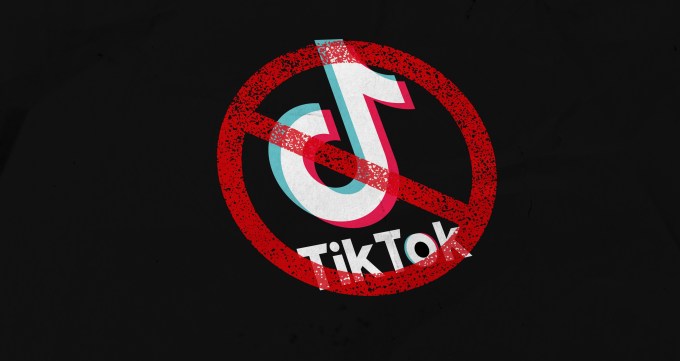Morning must-reads India changes import rules in boon to EV makers: Electric car companies that invest a minimum of $500 million in India, and "establish local manufacturing for EVs with at least 25% of components sourced domestically" will be allowed to import 8,000 cars at a reduced tax rate of 15%. Currently, imported cars can carry a 70% to 100% tax rate in India. Given how much of Tesla's manufacturing is based in China, the EV-maker may now have an easier road to selling in India. How blockchain is tacking content authenticity: It seems we're back in the crypto bull-cycle, so it's worth paying attention to what companies are doing with blockchain tech. In a recent interview, TechCrunch's Jacquelyn Melinek spoke to Fox Corp's CTO Melody Hildebrandt about the push to verify content authenticity on blockchains. Given the AI-media kerfuffle playing out right now, Fox's collaborative project with Polygon has a pretty huge market to tackle. Paytm lands payments lifeline, but issues remain: Paytm has secured access to India's UPI payment infra just days before its banking unit is set to shutter in the wake of a scrap with the country's banking regulator. The new setup is not as winsome for Paytm as its previous bank, but will allow it to compete with PhonePe and Google Pay in the country. TFW your AI is not AI: A new commercial from clothing brand Under Armour ran head-first into controversy after it was dubbed the "world's first AI-powered sports commercial" by its creator. It turns out that the company used a bunch of human-created material in its creation. AI is cool, but saying things are AI when they are not is not. Zscaler buys Avalor: Cybersecurity giant Zscaler is buying Avalor just 26 months after the startup was founded. With the deal reportedly worth $310 million, it's a material exit for the startup market. Zscaler is one of the fastest-growing software companies in the market today, and is worth just under $30 billion. Avalor "acts as a source of truth for cybersecurity assets, controls, identities, vulnerabilities, bugs and other data points, allowing security teams to aggregate, normalize, de-duplicate and track risk data from discovery to remediation," Kyle Wiggers writes. | 




No comments:
Post a Comment
Note: Only a member of this blog may post a comment.